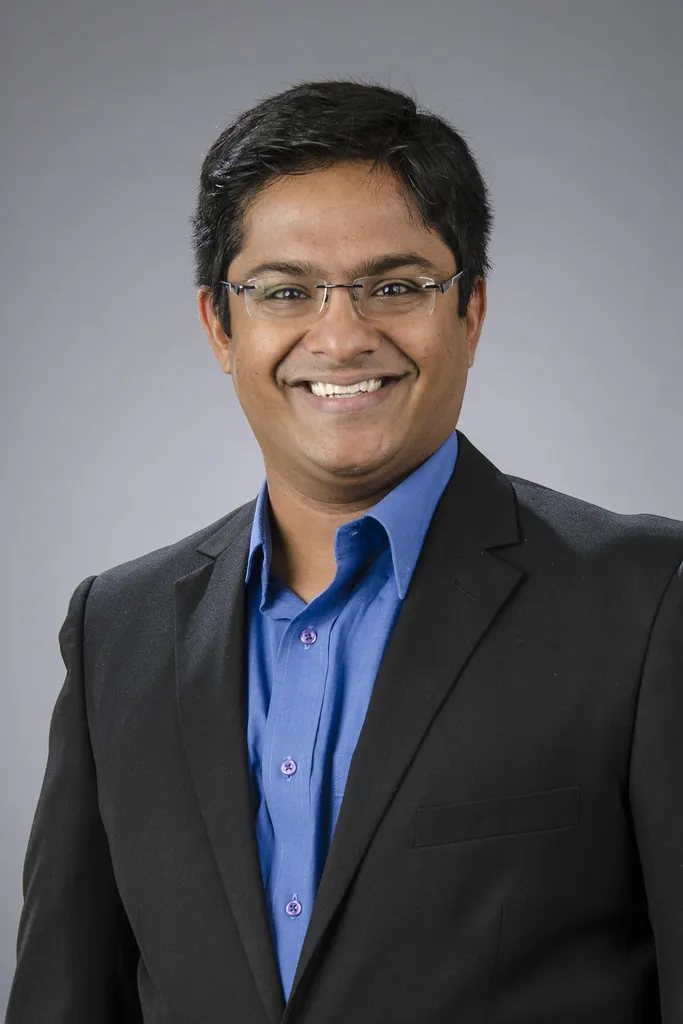
JOB TALK: Prof. Karthik Muralidharan
Karthik Muralidharan is associate professor of economics at the University of California, San Diego (UCSD). His research focuses on education and social policy in developing countries, typically using large-scale randomized experiments. Topics studied include teacher absence, teacher performance pay, unconditional teacher salary increases, contract teachers, school grants, diagnostic feedback to teachers, school choice, measuring learning trajectories over time, increasing girls’ secondary school enrollment, improving school governance, and the impact of blended learning models. The majority of his work has been in India, but he has also worked in Africa and South East Asia. He is also actively involved in policy advising and training in India and other developing countries.
Karthik will present experimental evidence on the impact of a school choice program in the Indian state of Andhra Pradesh (AP) that provided students with a voucher to finance attending a private school of their choice. The study design featured a unique two-stage lottery-based allocation of vouchers that created both a student-level and a market-level experiment, which allowed for the study of both the individual and the aggregate effects of school choice (including spillovers). After two and four years of the program, no difference between test scores of lottery winners and losers on Telugu (native language), math, English, and science/social studies was found. However, private schools also teach Hindi, which is not taught by the public schools, and lottery winners have much higher test scores in Hindi. Further, the mean cost per student in the private schools in this sample was less than a third of the cost in public schools. Thus, private schools in this setting deliver slightly better test score gains than their public counterparts (better on Hindi and same in other subjects), and do so at a substantially lower cost per student. Finally, no evidence of spillovers is found on public-school students who do not apply for the voucher, or on private school students, suggesting that the positive impacts on voucher winners did not come at the expense of other students.
